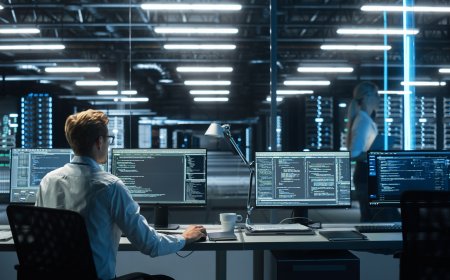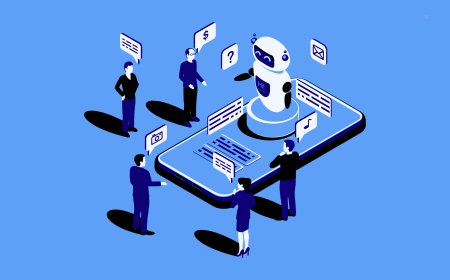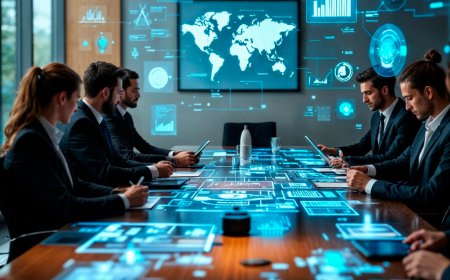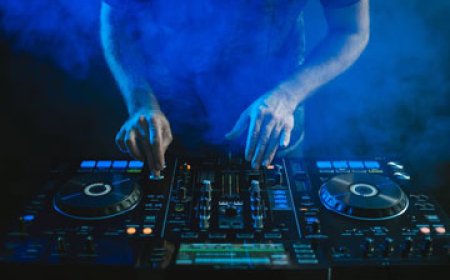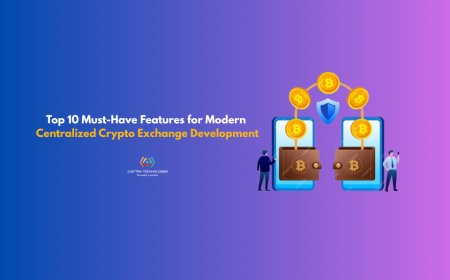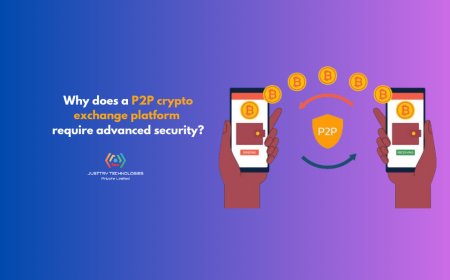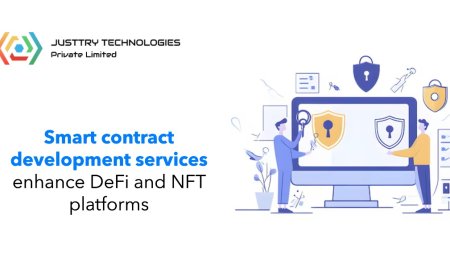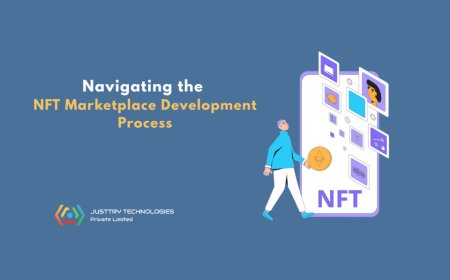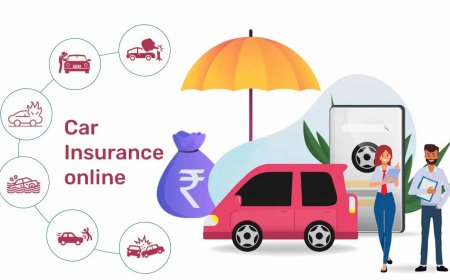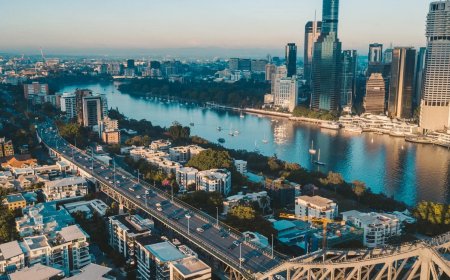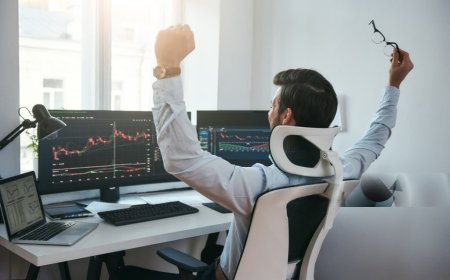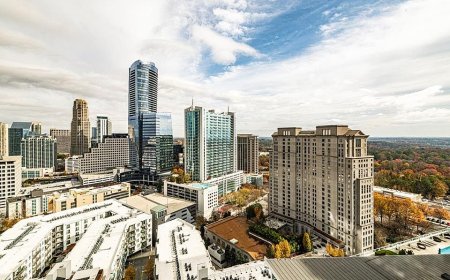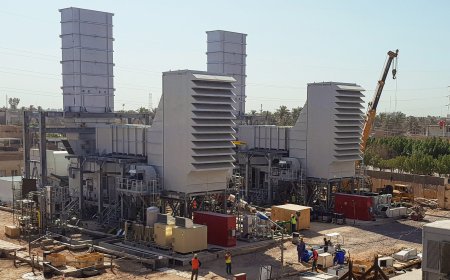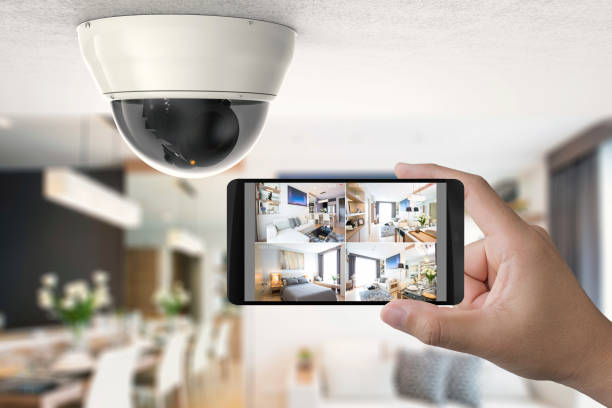How to Legally Use CCTV at Work Without Invading Privacy
Learn how to legally use CCTV at work without breaching privacy. Smart surveillance tips for retail, restaurants, and more, the right way.

Installing CCTV at the workplace used to be a luxury. Today, it’s nearly essential. Whether it’s for deterring theft, monitoring customer service, or safeguarding your property, cameras serve a valid business interest. But here's the catch, employees and customers alike have the right to privacy. So how do you walk the fine line between surveillance and intrusion?
Let’s unravel how to use CCTV legally, respectfully, and effectively at your workplace.
Know the Law: What’s Allowed and What’s Not
Before installing any cameras, it's crucial to understand what’s legally permissible. Privacy laws vary by country and even by state or region, but some key principles are nearly universal:
-
Transparency is key: Let your employees know they are being recorded.
-
No hidden agendas: Cameras should not be placed in restrooms, locker rooms, or any area where privacy is expected.
-
Purpose must be clear: You should be able to justify the use of CCTV for business operations.
This is not just about staying out of trouble. It’s about building trust and respect in the workplace.
Be Smart with Placement: Where Cameras Should and Shouldn’t Go
Placing cameras in common areas like entrances, exits, cash counters, and storage rooms is typically acceptable. However, placing them in areas meant for personal use or rest can breach privacy.
For example, when considering surveillance cameras for retail stores, focus should remain on zones prone to theft, unauthorized access, or customer interaction, such as:
-
Point-of-sale areas
-
Inventory rooms
-
Entry and exit doors
-
Sales floor zones
Avoid placing cameras in:
-
Employee break rooms
-
Restrooms
-
Personal desk spaces (unless justified)
Inform, Don’t Just Install: The Importance of Notification
You must clearly notify both staff and customers that CCTV is in operation. This is not just good ethics, it’s required by law in many regions. Signage should be:
-
Easy to read
-
Visible at the point of entry
-
Clearly state the purpose (e.g., "This area is under video surveillance for security purposes.")
By doing this, you’re building transparency and also gaining informed consent, which is critical.
Handle Data with Care: Privacy Doesn’t End After Recording
Surveillance doesn't end when the footage is captured. The way you store, access, and use that data also matters deeply. According to the General Data Protection Regulation (GDPR) and similar laws worldwide, organizations must:
-
Limit who can access the footage
-
Set a clear retention period
-
Avoid sharing footage unless legally required
-
Protect the data from cyber threats
If your system is cloud-based, ensure it comes with end-to-end encryption, user-based access controls, and an audit trail.
Train Your Team: Awareness is a Must
Your employees need to understand:
-
Why the cameras are in place
-
How to report concerns related to surveillance
-
Who to approach if they believe their privacy is being violated
This training helps build a culture of responsibility and openness around the use of monitoring tools.
Industry Use-Cases: Surveillance That Works Without Intrusion
Let’s look at how various sectors apply workplace surveillance ethically:
Retail
Retailers often deal with high customer footfall and inventory risks. Surveillance can help reduce shrinkage, manage queues, and evaluate staff interactions with customers, all without breaching personal space.
For deeper insight on optimized monitoring, explore surveillance cameras for retail stores.
Restaurants
Restaurants rely heavily on maintaining a smooth, secure, and guest-friendly environment. From tracking order accuracy to ensuring kitchen hygiene and monitoring cash counters, CCTV helps streamline operations while ensuring both employee and customer safety.
In fact, many rely on Restaurant Surveillance Security Systems that are custom-built to handle the fast-paced rhythm of food and beverage businesses.
Live Eye Surveillance delivers cutting-edge, cloud-based video surveillance and loss prevention solutions. Available 24x7x365, we help businesses monitor sales, reduce losses, and protect assets. In just over a year, we've enhanced 2,000+ daily customer experiences and secured millions for top franchises.
Ready to Secure Your Business Ethically?
Smart surveillance begins with respect. Let your workplace be one where safety meets trust, where cameras protect but never pry. Want to monitor without overstepping?
Choose clarity. Choose compliance. Choose confidence.
Start watching the right way, today.
FAQs
1. Is it legal to record audio along with video in the workplace?
It depends on local laws. In many areas, audio recording without consent is illegal. Always consult legal guidance before enabling audio.
2. Can I place cameras to monitor employee performance?
You can, but it must be disclosed and justified. Using CCTV for performance evaluation should never feel like spying.
3. How long should CCTV footage be stored?
Typically, between 30 to 90 days, unless needed for legal or investigative purposes. Always define and follow a clear retention policy.
4. Do I need employee consent to install CCTV?
While explicit consent may not always be mandatory, informing employees and having written acknowledgment is strongly recommended.
5. Can employees request access to recorded footage?
Yes, in many jurisdictions employees have the right to access footage they are in. There should be a defined process for handling such requests.

